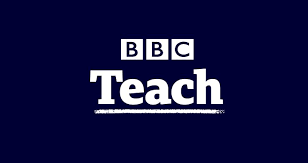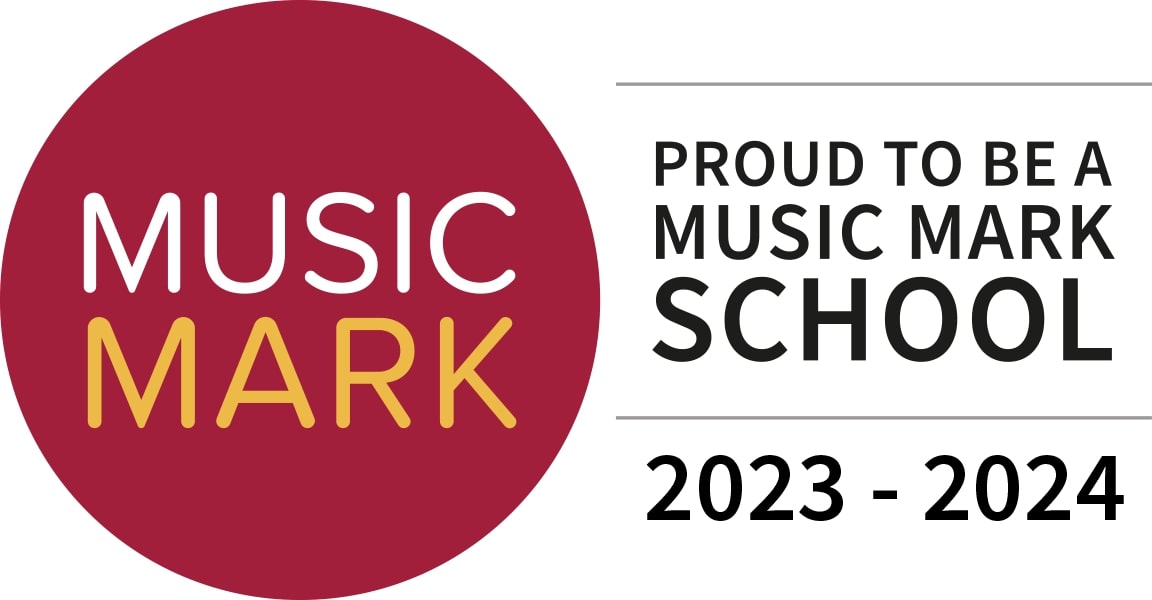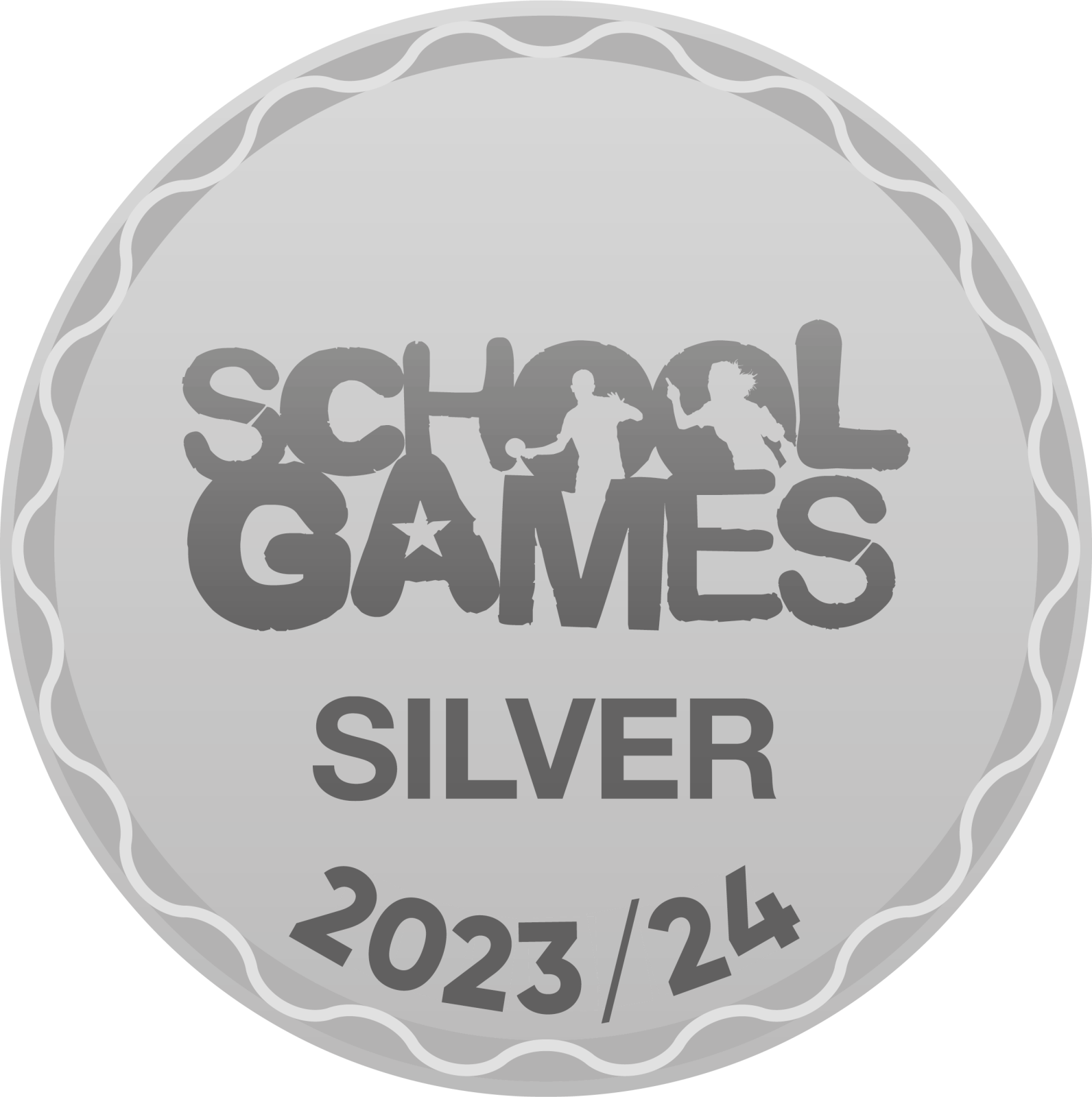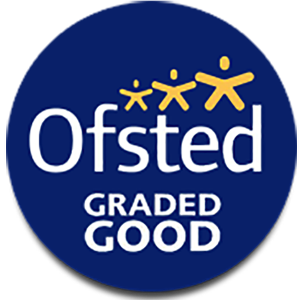Science
Intent
At Brambles Primary Academy we are passionate about creating confident scientists. Our curriculum develops upon our children's natural curiosity. Through our teaching, we expect pupils to gain an understanding of how science has changed our lives and how we can use and apply it to everyday tasks. This will be achieved through the teaching of essential aspects of the knowledge, methods, processes and uses of science. The skills, vocabulary and knowledge needed for children to work scientifically are developed throughout their time at Brambles.
You can see our Science coverage here
Implementation
Pupils are offered exciting learning opportunities, giving them the skills to investigate, conduct experiments and follow a line of enquiry. Through each topic, children are encouraged to ask and hypothesize the potential causes and effects of their study. Our pupils follow scientific processes, making real discoveries about the ever-changing world around them, right from foundation stage onwards. The Science Curriculum at Brambles enables pupils to build up a body of key foundational knowledge and concepts, enabling them to recognise the power of rational explanation. Pupils will also learn what it means to ‘work scientifically’, applying key concepts and ideas to different contexts.
Our progression through the curriculum is detailed here
science progression document.pdf
Here is an overview of what pupils will cover in their time at Brambles Primary Academy:
|
|
Year |
Autumn Term 1 |
Autumn Term 2 |
Spring Term 1 |
Spring Term 2 |
Summer Term 1 |
Summer Term 2 |
|
KS1 |
1 |
Animals including Humans |
Materials |
Plants |
Materials |
Plants |
Animals including Humans |
|
2 |
Animals including Humans |
Materials |
Living Things and Their Habitats |
Animals including humans |
Living Things and Their Habitats |
Plants |
|
|
Year |
Autumn Term 1 |
Autumn Term 2 |
Spring Term 1 |
Spring Term 2 |
Summer Term 1 |
Summer Term 2 |
|
LKS2 |
3 |
Animals including Humans |
Light |
Forces and Magnets |
Plants |
Rocks |
Fossils & Soils |
|
4 |
Living Things and Their Habitats |
Animals including Humans |
States of Matter |
Sound |
Electricity |
||
|
|
Year |
Autumn Term 1 |
Autumn Term 2 |
Spring Term 1 |
Spring Term 2 |
Summer Term 1 |
Summer Term 2 |
|
UKS2 |
5 |
Living Things and their Habitats |
Materials |
Forces |
Earth and Space |
Animals including Humans |
Levers and Pulleys |
|
6 |
Animals including Humans |
Living Things and their Habitats |
Light |
Electricity |
Evolution and Inheritance |
||
Impact
As pupils progress through school they will develop their Scientific knowledge in key areas, including scientific enquiry. Throughout their time at Brambles Primary Academy children will cover the above
At the start of each new topic, pupils will demonstrate prior knowledge in their books, this will enable teachers to ensure they have the firm foundations to build upon.
Children will be encouraged to reflect on the knowledge learnt throughout the topic and then their understanding will be visible in books at the end. Key vocabulary and prompts will be displayed in and out of the classroom environment, enabling children to absorb and reflect continuously, supporting long term knowledge development.
Here is what we have been learning


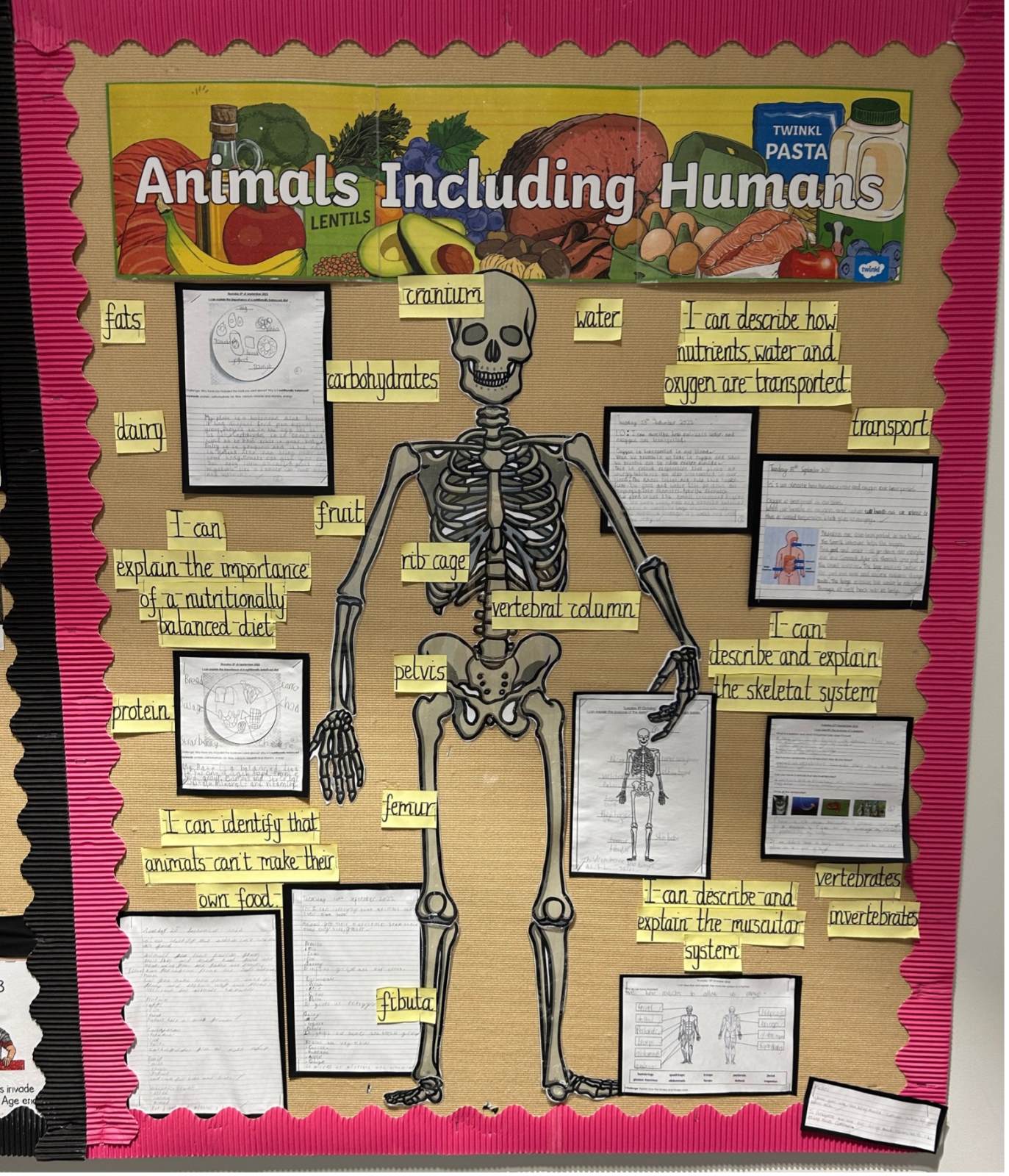

How to help your child at home
Reception
- Go for a walk and make up a nature box with leaves, twigs, fir cones or anything else you find
- Experiment with water – put objects in the bath and get your child to guess which will float, and which will sink
- Blow bubbles – then see which way the wind blows them
- Visit a museum and look for the oldest things your child can find
- Take a magnifying glass into the garden and go on a bug hunt. Draw pictures of the insects you see with your child
- Think about your route to school and make a map, including any important buildings. Ask your child about which building is oldest and why you think this.
Key Stage One
- Show your child plants or pictures of plants, such as apple trees, tomato plants, sweet corn, and cabbages and ask them why it is important for humans to grow plants.
- Plant seeds at home. Talk about the things plants need to grow, such as soil, water, light and air. Help them to observe the changes as the plants begin to grow.
- Do you have a pet? Help your child to point out the similarities between animals and humans. Do we both have arms, legs, eyes, ears and a nose? Do we both need food, water and sleep?
- Talk to your child about sources of light. Walk around your environment and point them out: timer switches, clock radio, computer, lamp, light bulb, street lamps, the sun and moon. Which are bright or dim?
- Link science to real life. Talk about how things were in the past and how scientific advances have brought changes. Share books that show non-electrical or old household appliances.
- Give your child a collection of items made from different materials – paper, cardboards, plastics, metals – and ask them to find different ways of grouping them (rough, smooth, shiny, dull or plastic, metal, wood, fabric).
- Point out materials that are found naturally and those that are not (twigs, unpolished/unfinished wood, sand, rocks, water, bone, clay, wool, glass, plastic, paper, cardboard). Ask your child to try sorting the materials into those they thinks are found naturally.
- Talk to your child about how natural materials are changed to make everyday objects. Use resources to help your child learn about the processes involved.
Key Stage Two
- Look up information about the different food types required for a balanced diet. Why are they needed? Plan a balanced meal together.
- Look at books together on the life cycle stages and talk about them.
- Plant mustard seeds in soil and place them in different environments - dark, light, wet and dry. After a determined period, look at them and note the differences. Draw the differences or take photographs and get books to find out some information about what causes these variations.
- Show your child how to change a plug.
- Try simple experiments with your child. Make observations such as, “When I put a seed in a wet environment it grows” or “If I place a round object on a flat surface it rolls”, or ask questions such as, “What happens if I put sugar in a full cup of water at room temperature?” “What will happen if I continue to add sugar?
This booklet has lots of fun ideas of science experiments and investigations you can do at home.
30484 science at home full.pdf
Some useful places to visit in the Local Area
Yorkshire Natural History Museum, Sheffield
Useful website links




